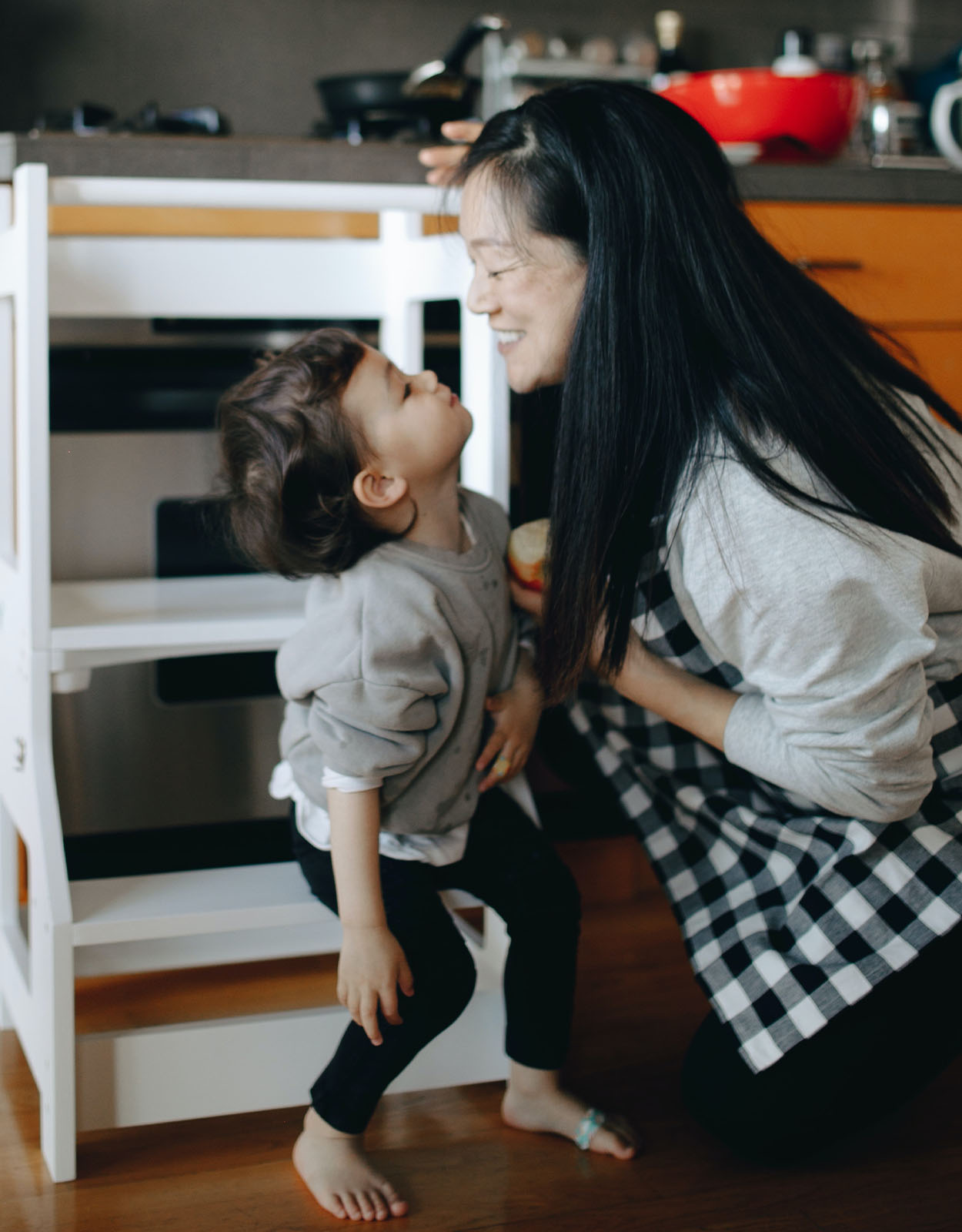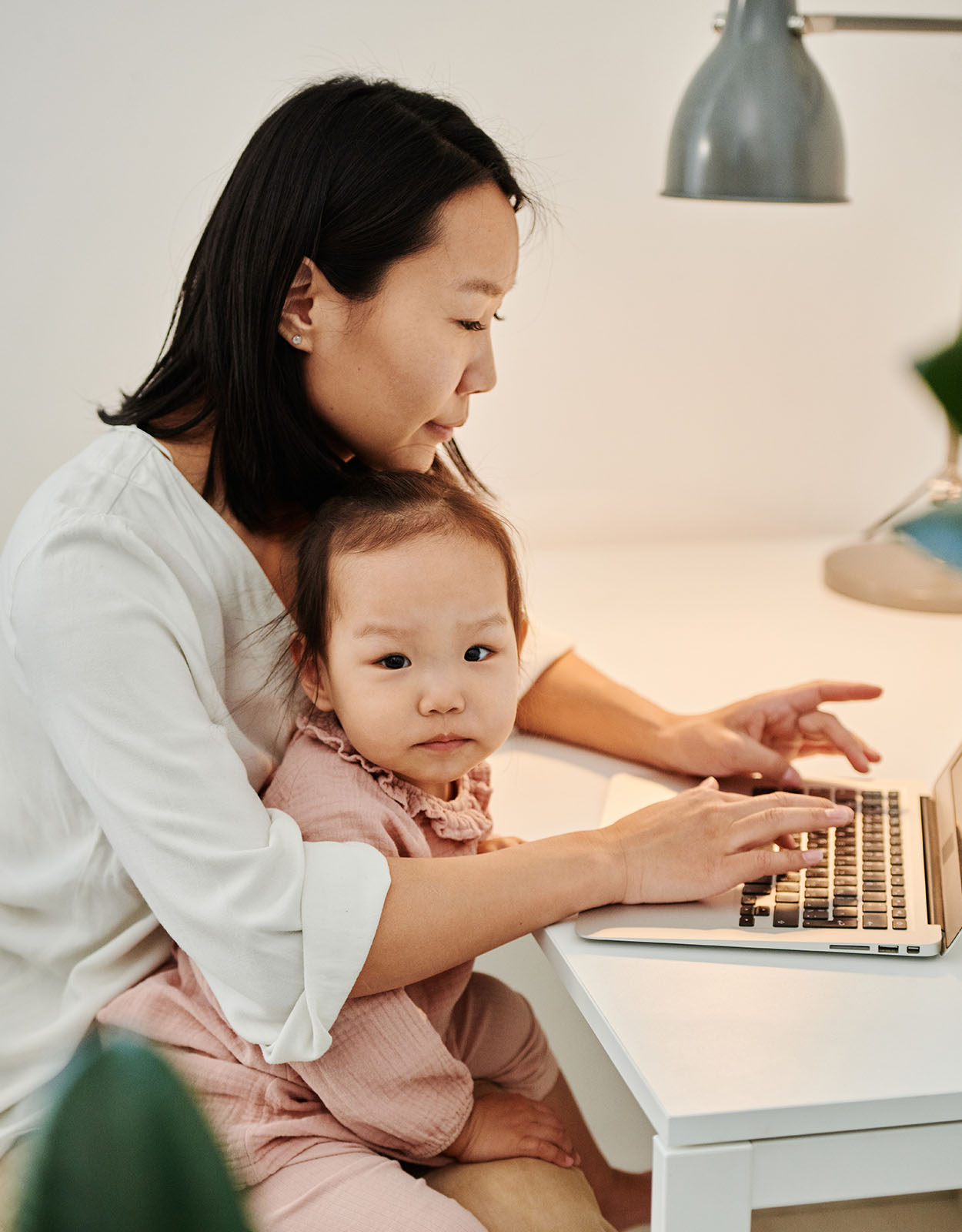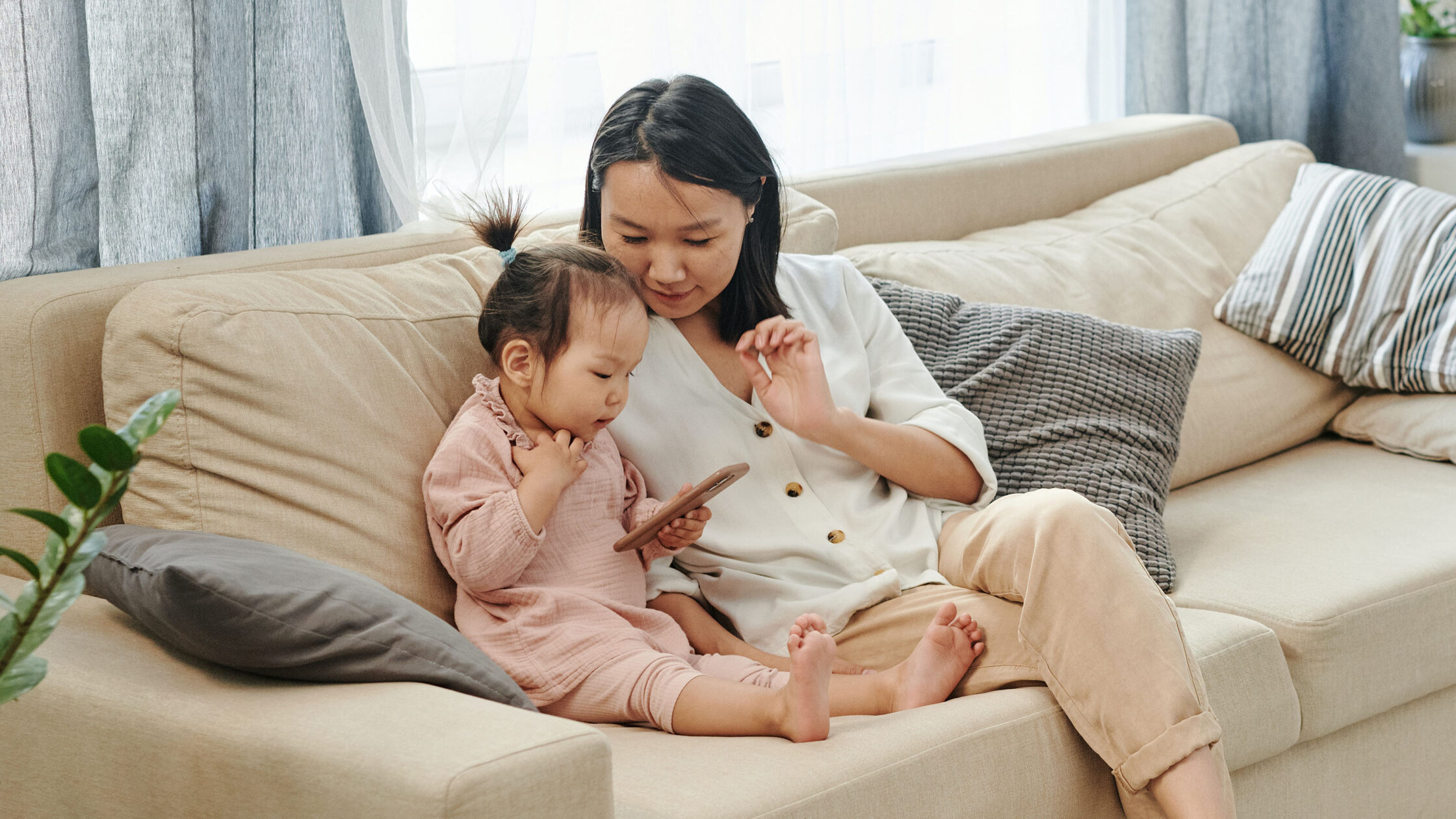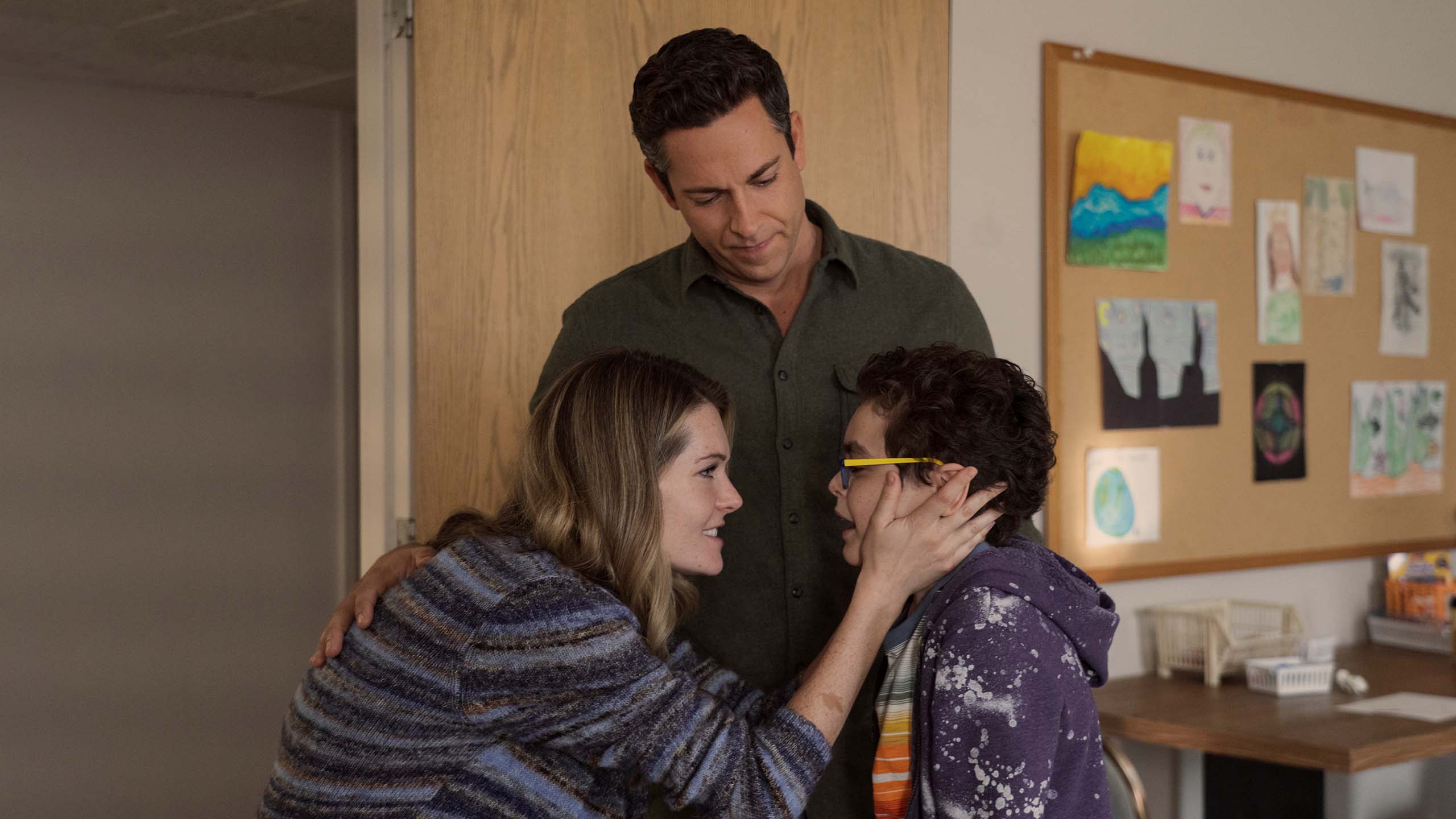Firstborn Daughters Who Are Now Moms: How Are You Doing?
A wellness check for some of us who are firstborn daughters and have a lot on our plates especially now that we’re moms.
We, firstborn daughters, have an unspoken understanding with one another. There’s a part of us that acknowledges our role as the secondary caretaker of the family. But especially when we’ve witnessed one too many times that our parents are incapable of maintaining the family, we step up to the plate. But as time goes on, we find ourselves adjusting more and more to the role, even sacrificing our personal needs to care for the rest of the family.

Guilt hits us differently when we want something for ourselves
Some people may blame us for being indecisive or, in Tagalog: atras-abante. But our analysis paralysis isn’t because we don’t understand the situation. Rather, we analyze the situation while considering the possibility of a socio-emotional “domino effect” or “trickle-down effect.” We think how each decision will affect everyone because that’s how we grew up. As the “experimental child,” we were the guinea pig of all sorts of parenting strategies. Unfortunately, not all of them end well.
There’s also a part of us that feels that our parents are dependent on us. Not financially, or physiologically but, emotionally. Whether it’s from trauma or a rocky marriage, we, first daughters, step up to the plate to become the emotional pillars of the family. Especially in a culture that requires that kids take care of their parents when they’re older regardless of how strained the relationship is, some of us find it easier to suppress our own needs so we can address our parents’. Essentially, it becomes our parents’ happiness is our happiness.
If there is anyone who’s aware of the adage “girls mature faster than boys,” it’s us.
And it shows all the more when we become mothers
Especially with unresolved trauma, some of us firstborn daughters subconsciously live vicariously through our kids. There are days we will insist that our kids engage in certain activities because we didn’t have a chance when they were our age. It may feel like we’re gifting them a privilege but, our kids are different individuals. They may not like what we do, leading to more strained relationships. We subconsciously inflict the trauma we suffered as a child on them by doing this because 1.) we make them feel that by not doing the activity, they hurt us, and 2.) we place the responsibility of settling our trauma on them.
As much as it pains us to admit, we cannot take back our lost childhood. The level of emotional availability we wished for from our parents may never happen. But we can make sure that our daughters don’t feel that with us. It will also take a lot of unlearning to uncap the bottled-up emotions and deal with them in a healthy way. But by keeping an open mind and learning alongside our daughters, we can slowly let go of the childhood that should have been and enjoy the present we have.

Our experience: Firstborn Daughter Trauma
The pain we suffered as a firstborn daughter has a name: firstborn daughter trauma. It’s all the anguish and pain we’ve experienced as a firstborn daughter. From emotion management to sometimes more laborious tasks, we find ourselves constantly looking out for others to the point we neglect ourselves because we’ve punished ourselves — both directly and indirectly — for wanting something for ourselves. These often hurt us through our inside voices, which take on the voices of possibly our own parents.
But firstborn daughter trauma doesn’t always happen to the daughter who is born first. Sometimes, it can happen to the one the parents see as the “most capable” or the “most rebellious.” Either way, some parents may not notice that they do this to create a “parenting safety net” for themselves because there’s a part of them too that wasn’t modeled to them as a child on how to deal with it.
It won’t be easy but things will get better
It’s not easy to let go of the reality that we can never get our childhood back. There are days we will spend lying on our bed and staring at the ceiling, wondering when whatever we do will ever be enough. There are also days where we will long to drop the burden of taking care of others but, find it difficult to do so because it’s become a big part of our identity. But to the firstborn daughters out there who are still struggling or finding themselves as moms, take your time. Things will get better. That, we can promise.
More comforting reads?
Dear Parents, Please Allow Yourselves To Grieve
Breastfeeding Guilt: The Pressure of “Breast Is Best”
The Pressure To Be Perfect Parents: “It’s Never Enough.”









